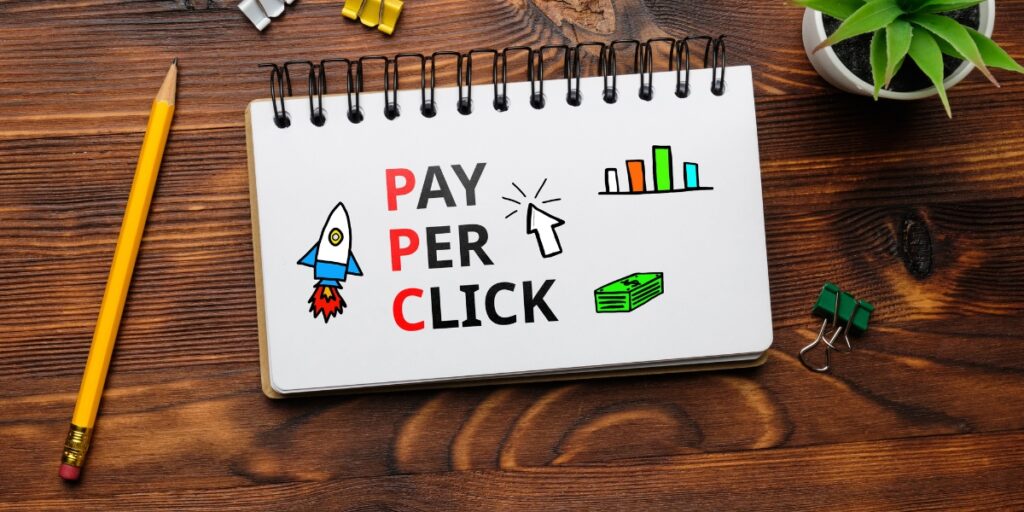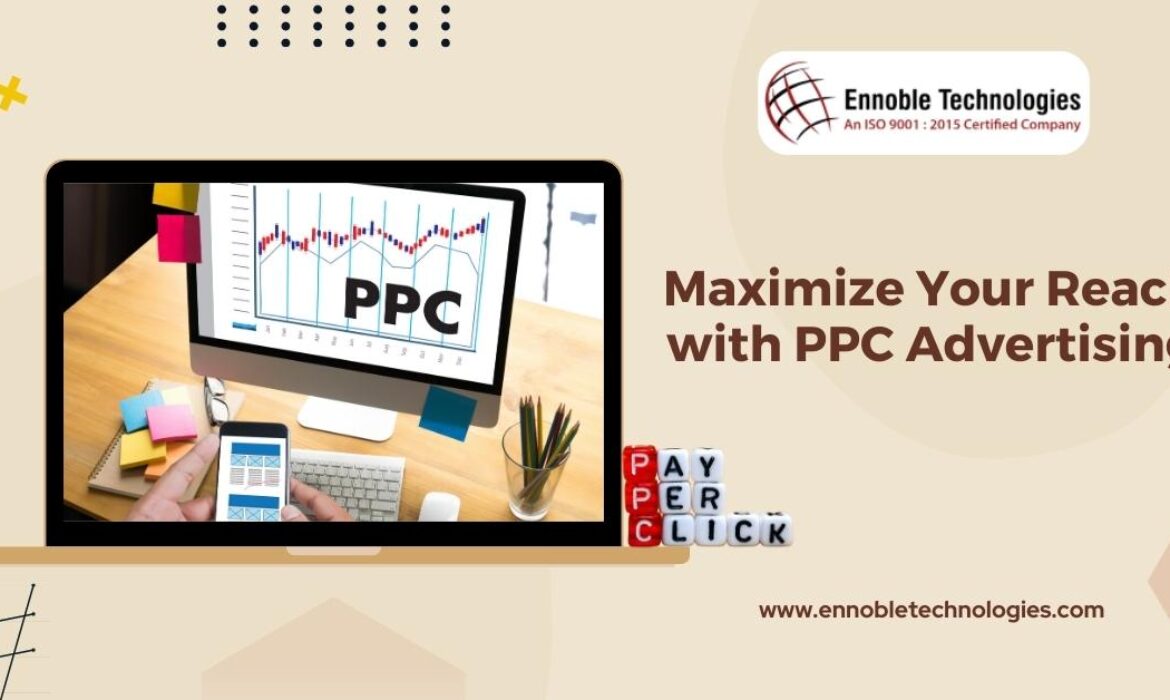Maximize Your Reach with PPC Advertising
In today’s online world, every marketer needs to know the ins and outs of PPC advertising to reach their maximum potential. PPC, which stands for pay-per-click, is one of the most common ways of driving traffic to online businesses and websites. During this process, advertisers spend money on specific keywords relevant to their target audience. The ads thus put up will appear on the search engine result pages, for example, on Google and other platforms where the advertiser is paying for them. Each time a person clicks on an advertisement, the advertisers will pay a certain amount of money to the platform to generate those viewers.
For a more comprehensive example, imagine a person searching for “dentist near me” or “cupcakes near me.” These types of searches are more likely to trigger pay-per-click ads. Upon such searches, Google will provide the relevant information on its page and display the websites of those at the top who have paid for advertising. Thus, a person looking for relevant material will naturally click on it to ease their search.
The workings of PPC advertising

Many people might question how one gets their ad listed at the top, so it is the first thing to catch the potential customer’s attention. However, this determination is in the hands of a subject known as the ad auction. It is an entirely automated process that no one can gain control over, and Google and other major search engines use it to evaluate the relevance and legitimacy of ads that show on their SERPs. Therefore, one cannot simply pay more to have their ad listed at the top; instead, it is more of a curatorial endeavor.
To effectively maneuver through this endeavor, the advertisers first sought to identify the most common and relevant keywords a potential customer might search for when searching for their product. The keywords make or break the success of the advertisement. After this step, the advertisers curate their ad campaign by allocating the ad budget, targeting options, ad copy and focusing on the landing page URLs.
Then the advertiser participates in the keyword auctions and places their amounts on the chosen keywords; thus, when a user enters a specific keyword, the search engine will run its auction first to determine which ad it should display. The likelihood of the ad being displayed is not entirely controlled by the bidding amount but is somewhat influenced by it.
The actual cost per click is not the same as the bidding amount; it is lower instead and is determined by the maximum amount the next bidder is willing to pay and the ad’s quality score.
Advantages of PPC advertising:

There are various reasons why PPC is the most common and primary method of generating leads for a business, and below are some of the key points:
- Quick results: PPC generates immediate results for brands compared to organic methods like SEO. As soon as the campaign is set up, the ads will appear on the search result pages, and people will be led to your website.
- Flexibility of budgeting: With PPC, advertisers can control their budget and set their limits for advertisement funding. This helps because high-end companies will not dominate the SERPs, and businesses on a smaller scale will also be given the chance to participate in them.
- Performance Tracking: Search engine platforms where the advertisement is displayed can provide a detailed performance metric that helps businesses successfully track the effectiveness of their campaigns. Constituent metrics like clicks, impressions, Click-Through Rate (CTR), conversions, and Return on Investment (ROI) are data factors that can be analyzed to make better and more informed decisions.
- Builds up brand visibility: Repeated exposure of a brand through ads, even if people do not click on them, still increases brand visibility and awareness in customers’ eyes. Therefore, the customers might recall the product when they need it later.
Optimize your PPC ads

Marketers must optimize their ads for the best possible performance to ensure a high return on investment. Some of the crucial strategies are:
- Make sure to put the most focus on your keyword strategy. Identifying high-performing keywords with lower competition and higher conversion rates is an essential step. On the flip side, your list of negative keywords should also be updated. Negative keywords are terms for which your ads should not appear; this helps increase your ads’ relevance and Click-through rate.
- Optimizing the landing page is another essential step, wherein your landing pages are aligned with your ad copy and keywords. The landing page’s content is optimized, as is its design for conversion; all these factors make it easier for the customers to take further actions.
- Make use of the geotargeting feature if your business serves a specific location. With its help, you can seamlessly display your ads in the target areas. This helps by offering your ads only to the most relevant people.
Conclusion:
In conclusion, PPC advertising is a powerful tool that can effectively maximize your reach and drive significant results for your business. By leveraging targeted keywords, engaging ad copy, and strategic bidding, you can increase visibility and attract relevant traffic to your website. Ennoble Technologies, the best digital marketing agency in Hyderabad, understands the intricacies of PPC advertising and can help you create and manage successful campaigns to achieve your business goals. Contact us today to take your digital marketing efforts to the next level.
Also Read: Track Your ROI: Measure the Success of Your Digital Marketing – Ennoble Technologies
Boosting online visibility with PPC Click-Through Rate CPC CTR Digital Marketing Driving traffic with pay-per-click ads Effective PPC advertising methods Enhancing reach with pay-per-click ads Ennoble Technologies Improving ROI with PPC campaigns Maximize reach with PPC advertising Pay per click Pay per click advertising PPC ads PPC advertising PPC advertising benefits PPC advertising for business growth PPC advertising strategies PPC campaign optimization search engine Search engine platforms SEO






